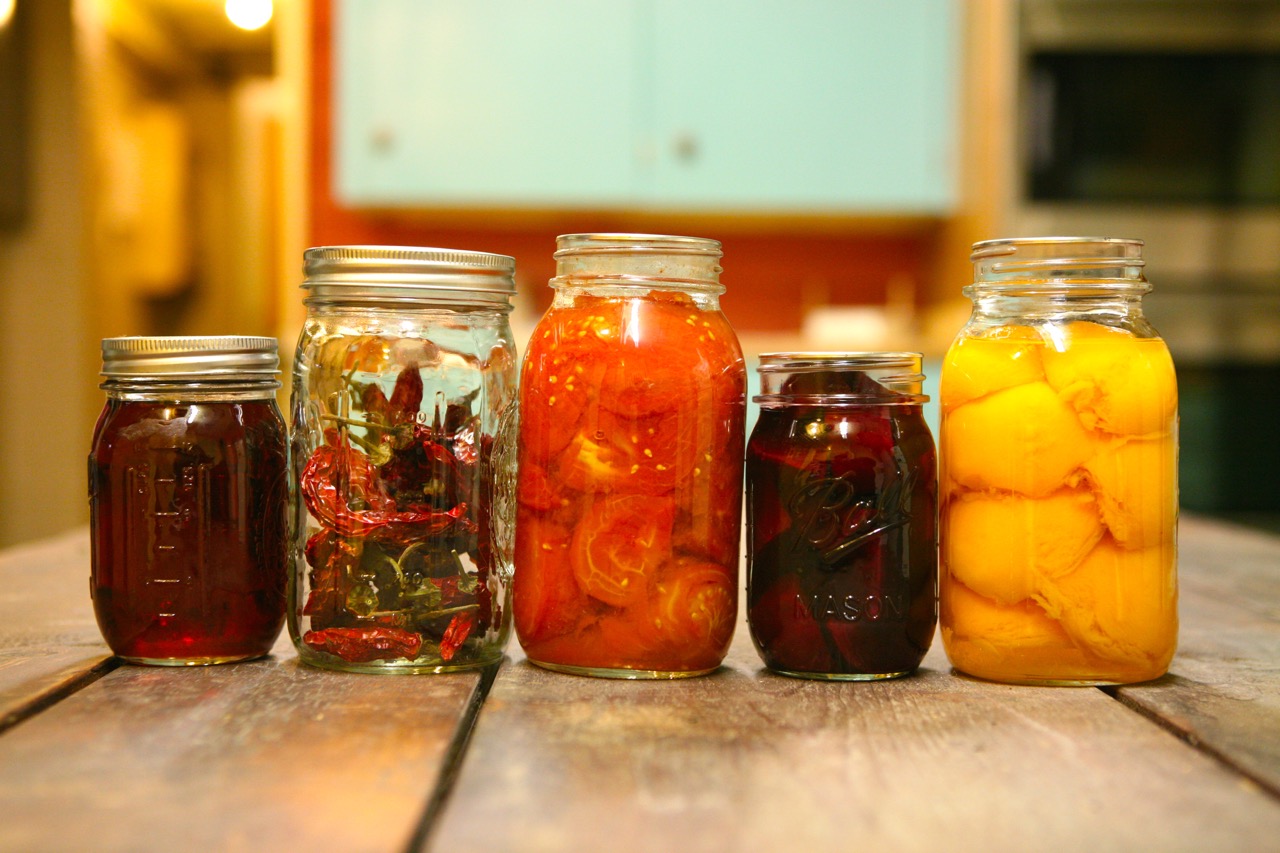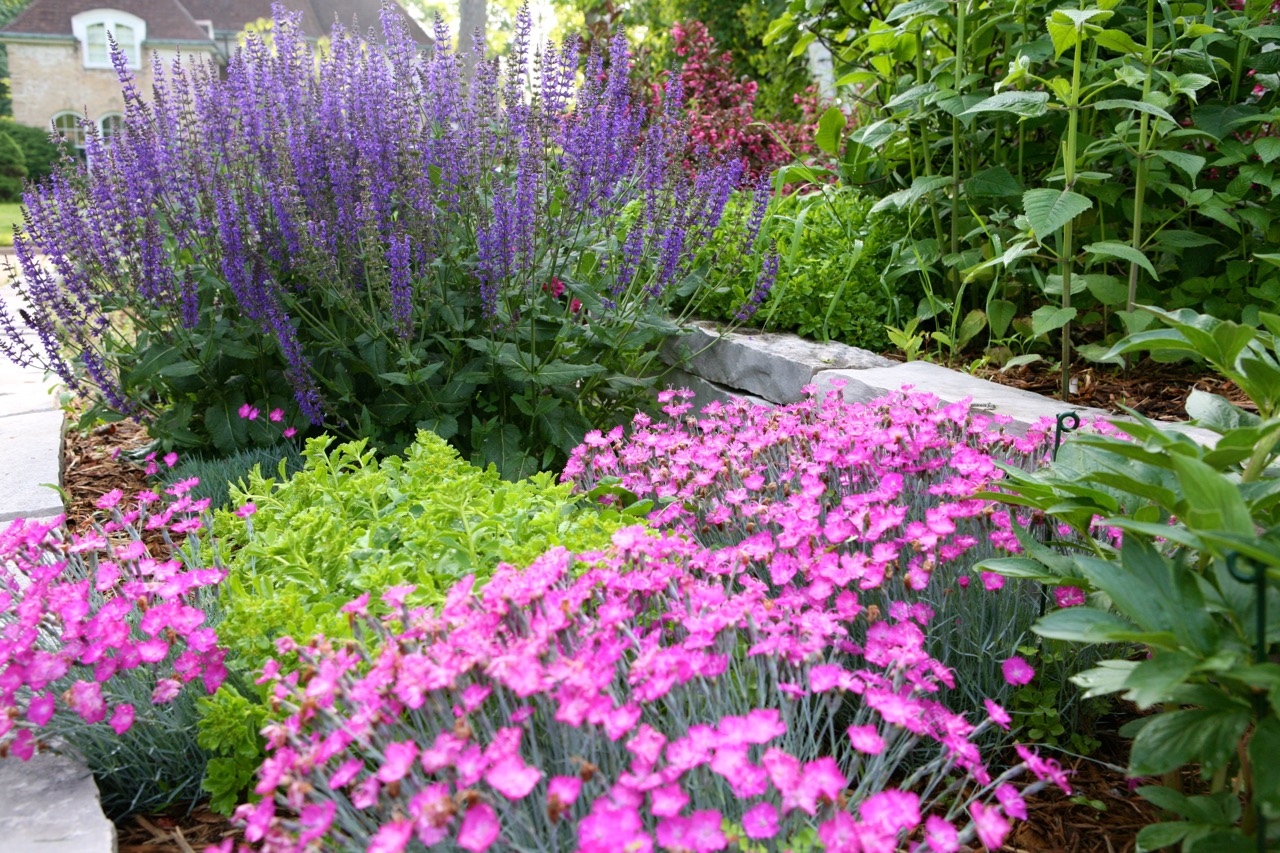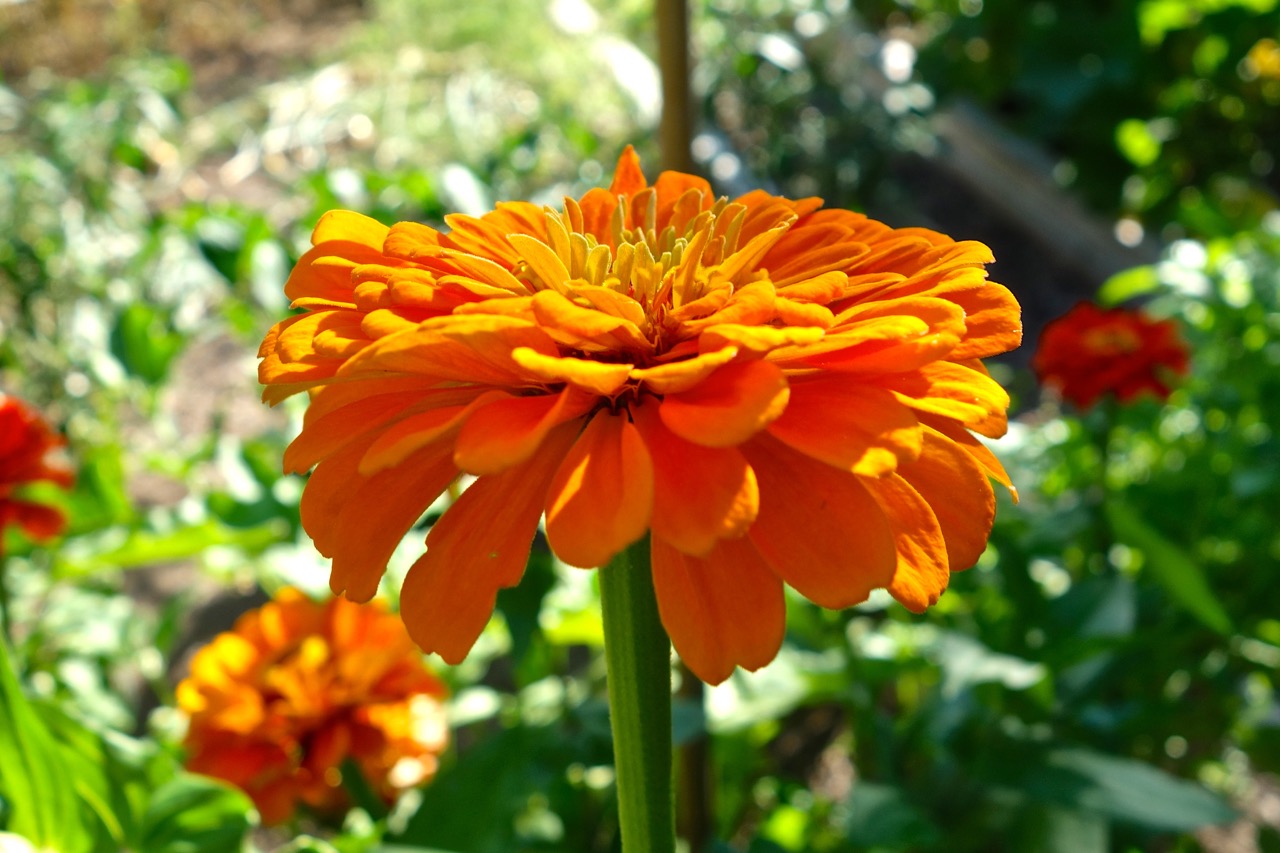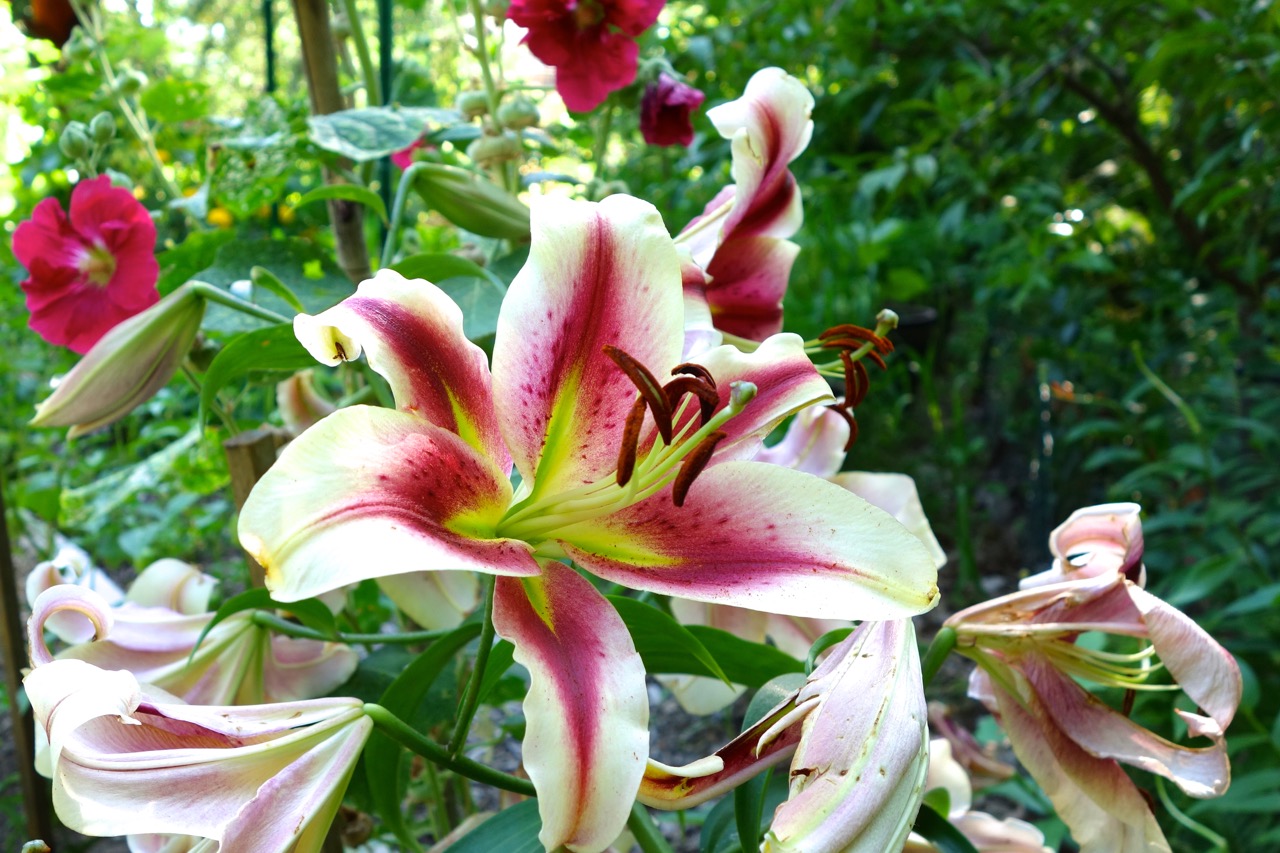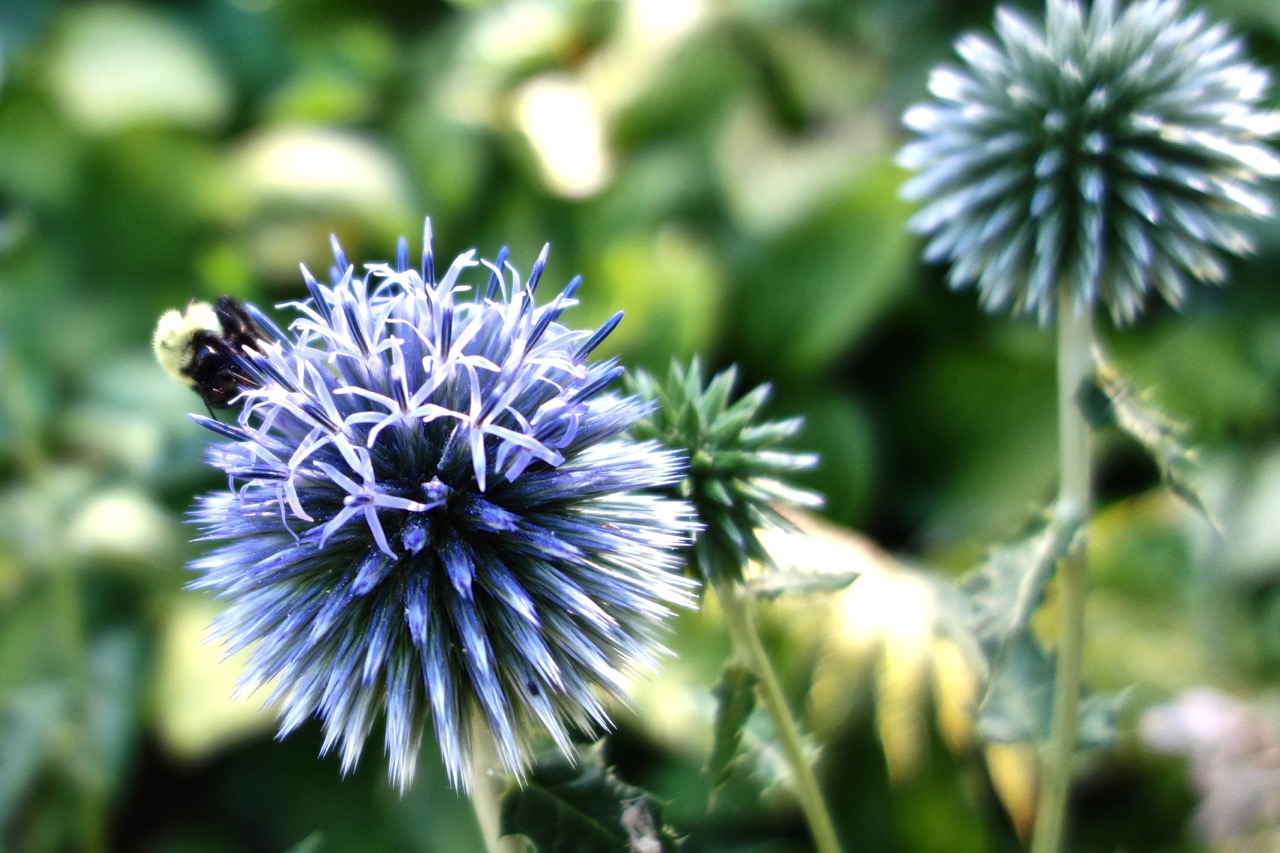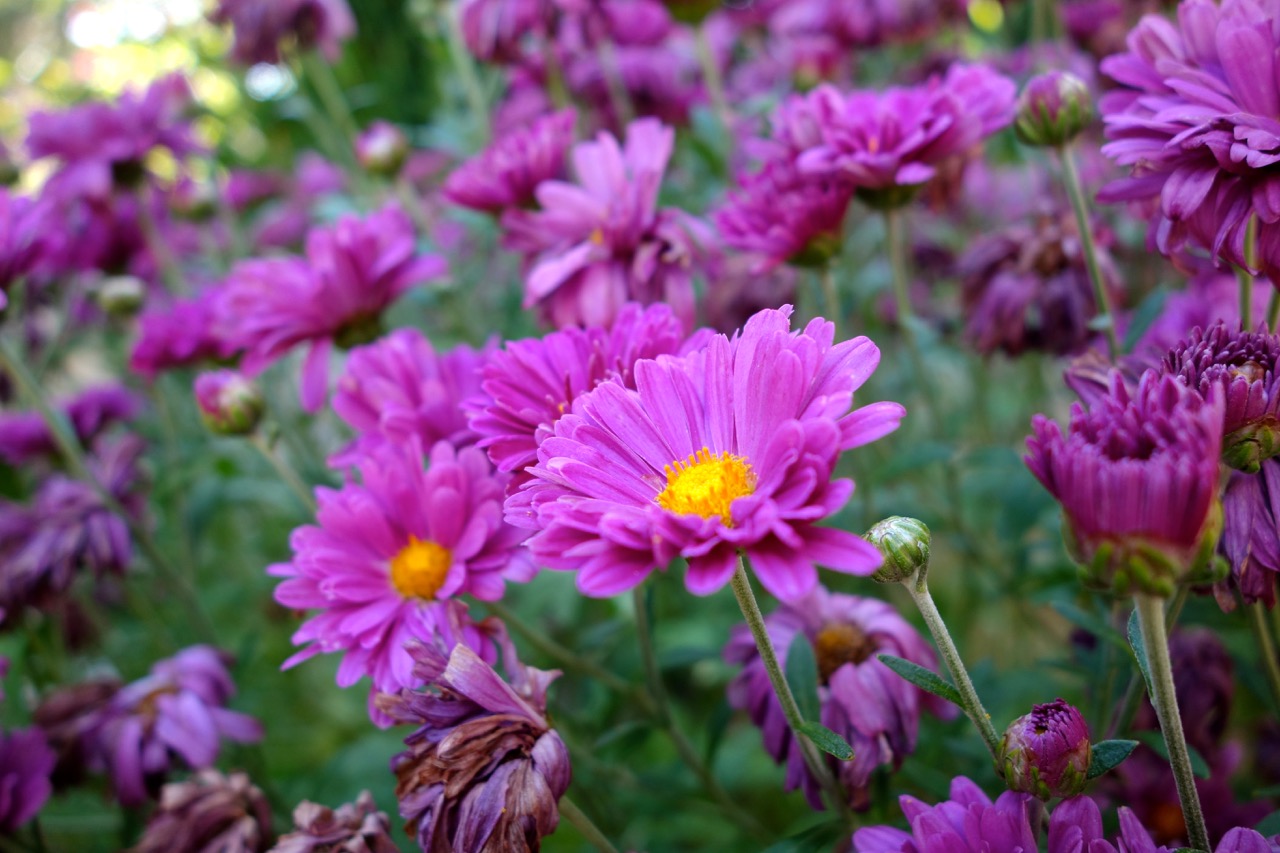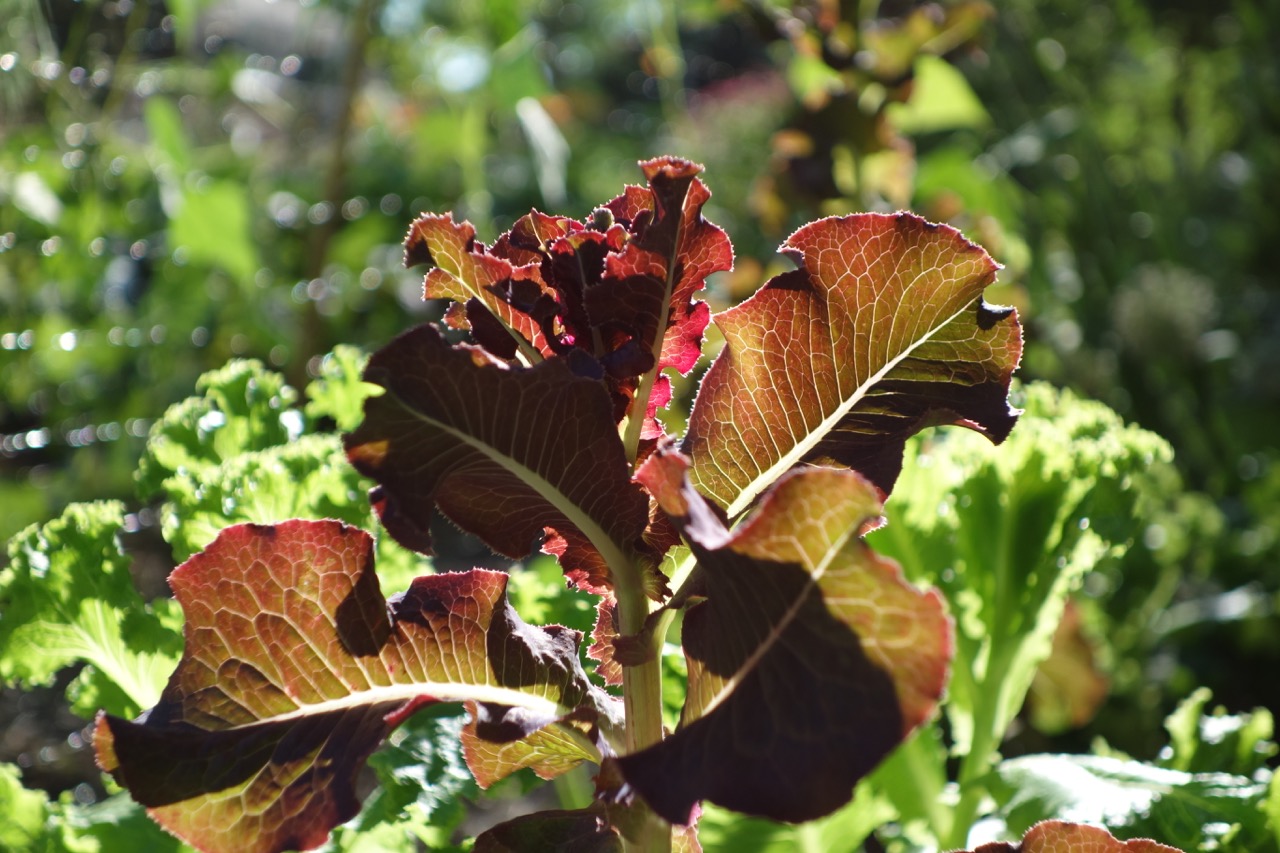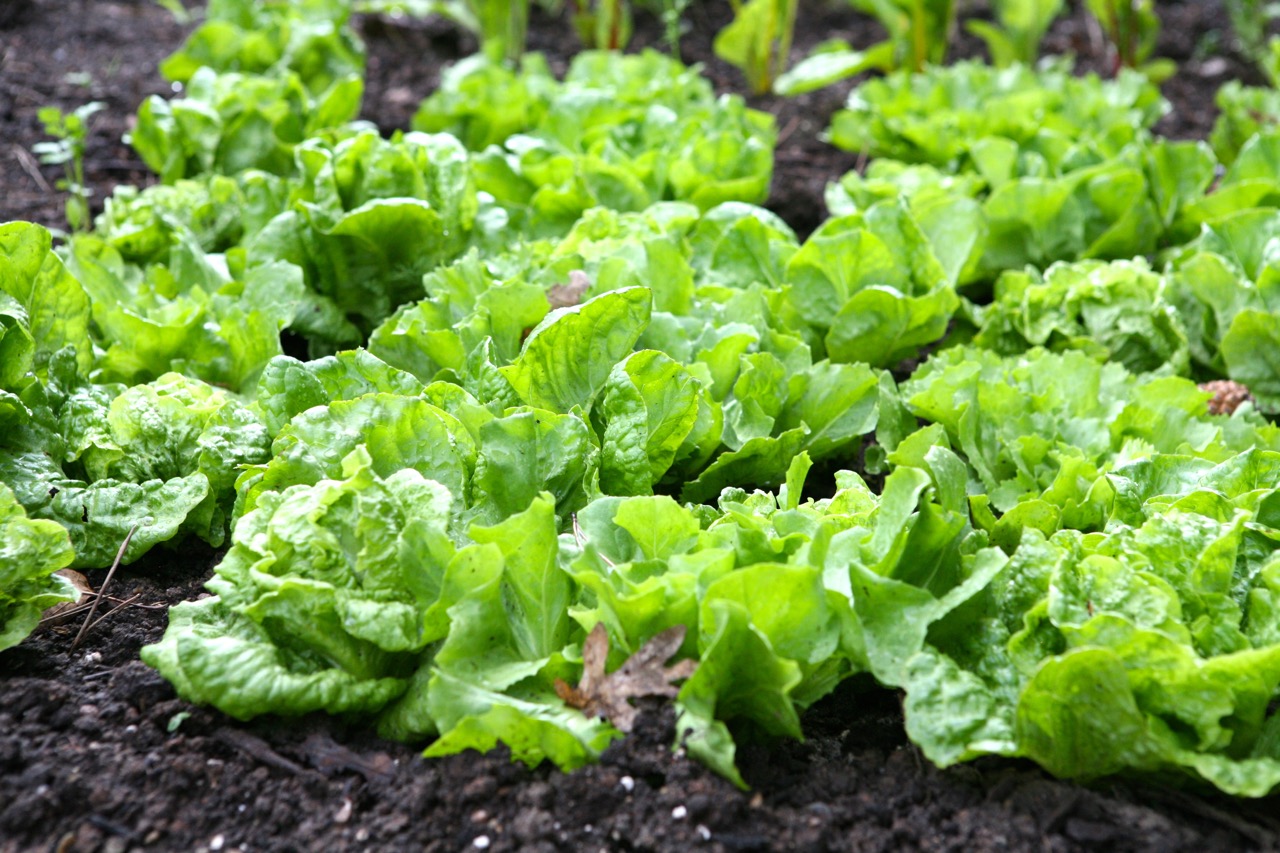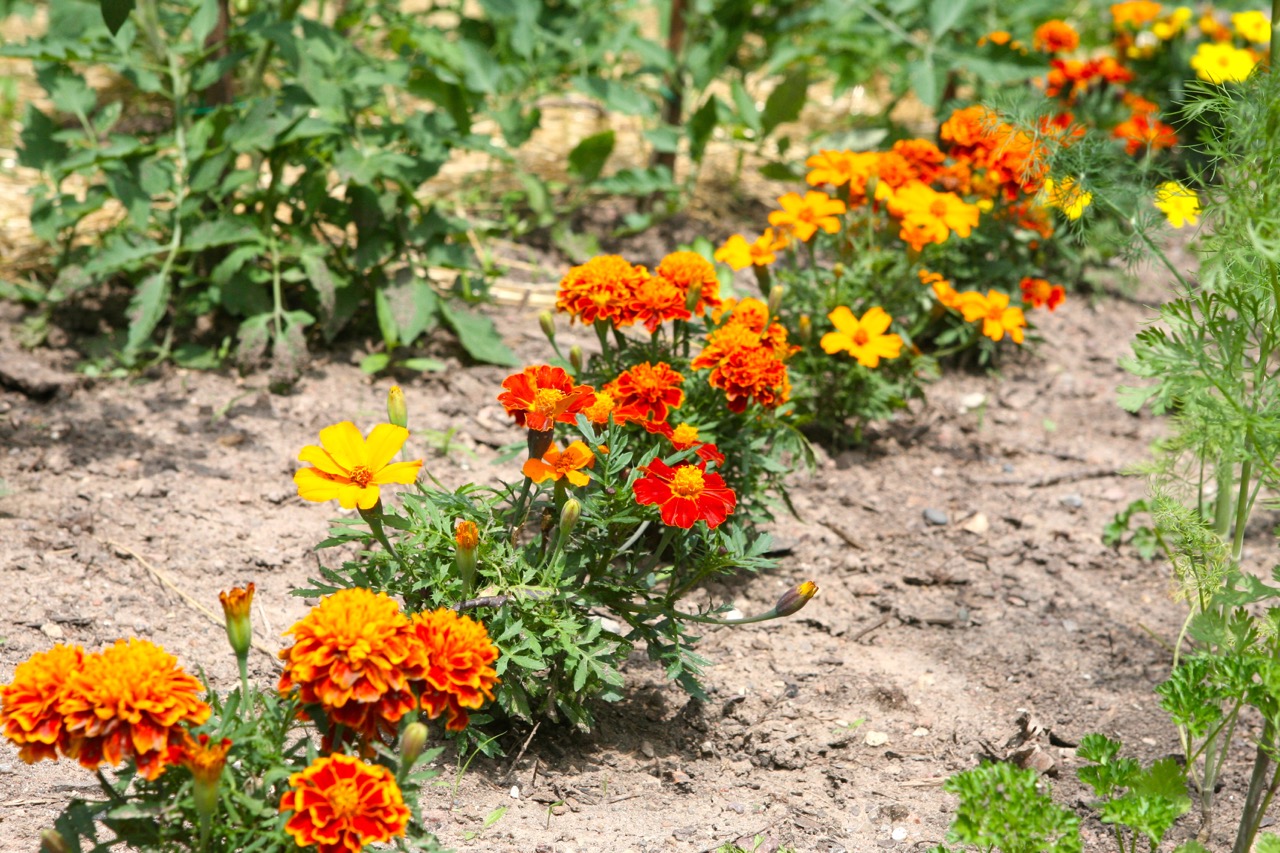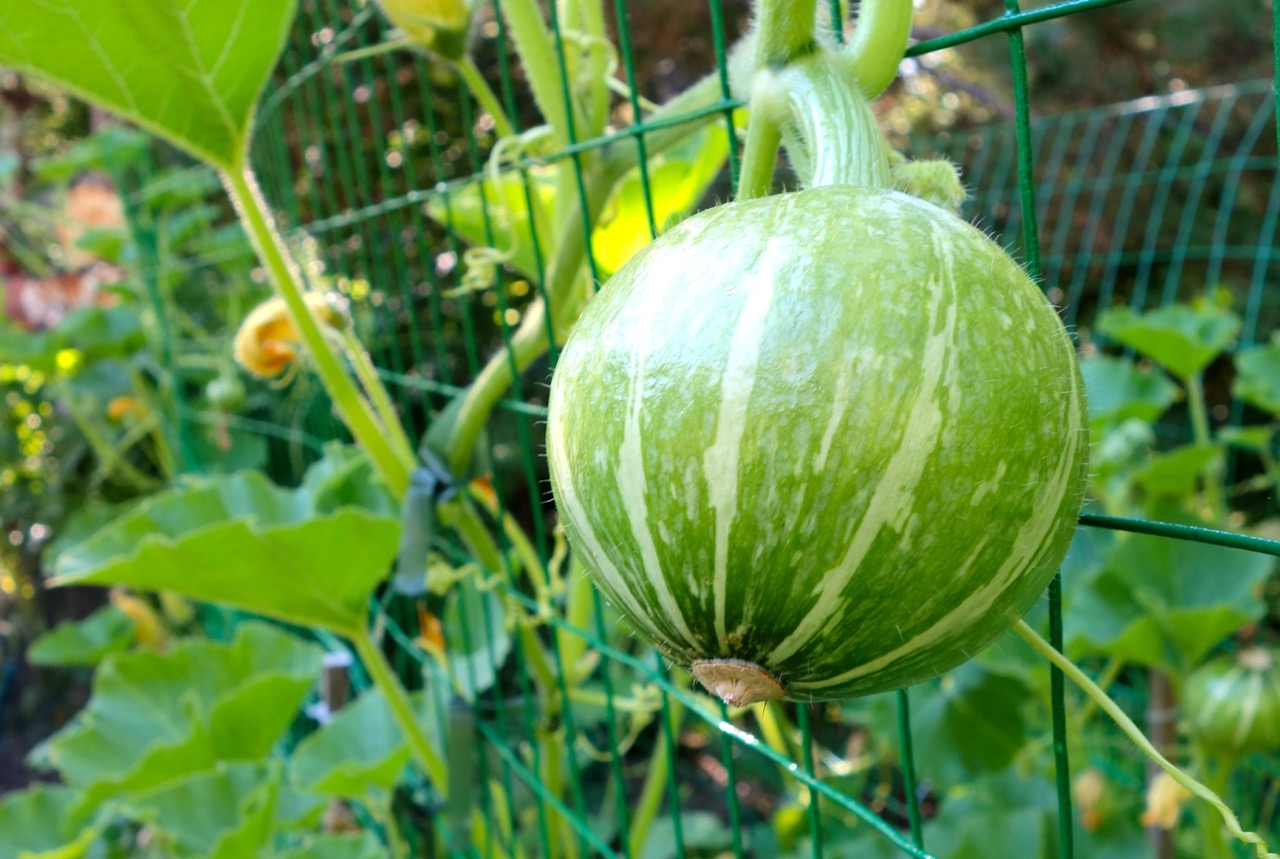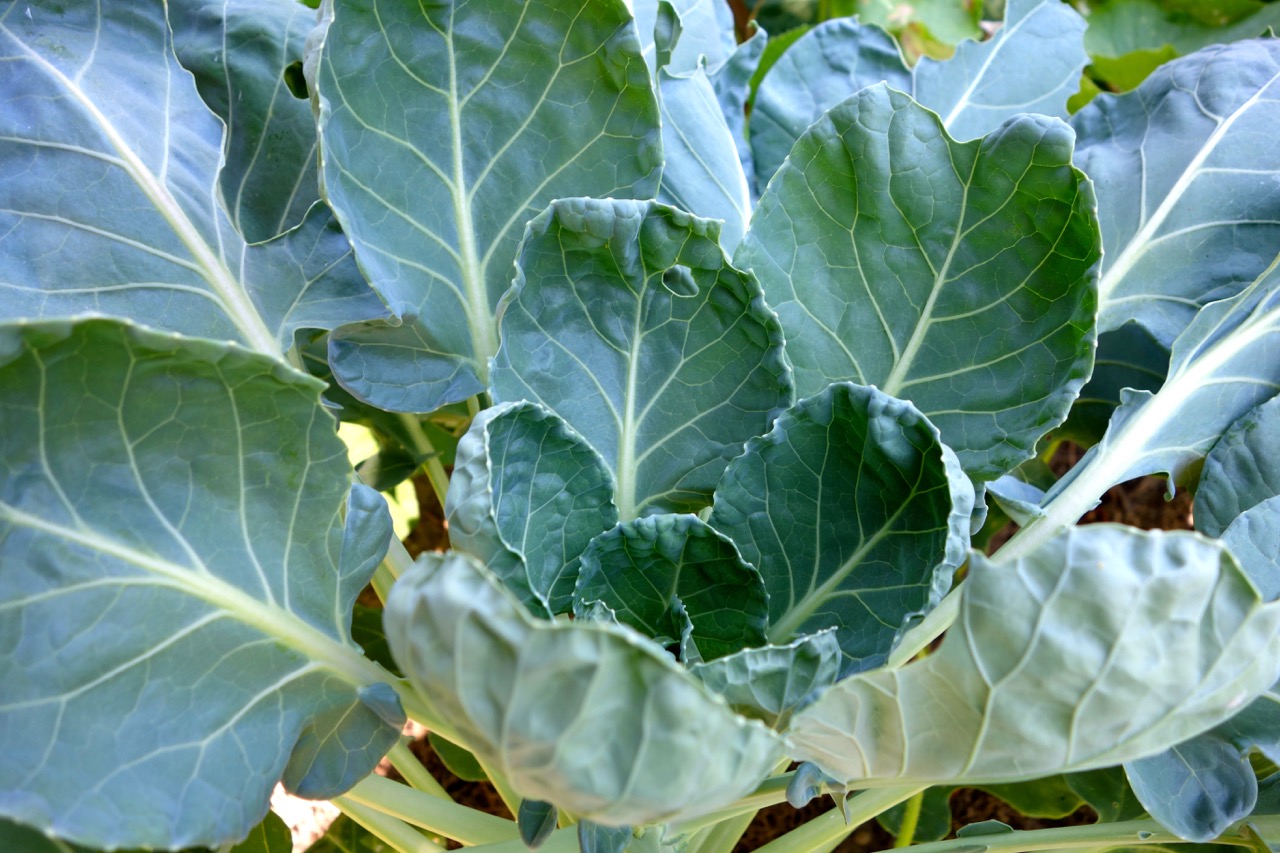Harvest festivals, like our Thanksgiving, are a tradition shared across cultures worldwide. Visiting Jacqui Wright’s Appleton, Wisconsin property is a reminder that gardens, even smaller ones in town, give us reason to give thanks for their ability to nourish the body and support our community. In just a few years she has created an ornamental urban homestead – from fresh vegetables in season to maple syrup, canned vegetables, dried herbs, and jams that can be enjoyed year round. There is even room for a cutting garden. The design is formal; geometric beds work with the architecture of her historic 1923 home.
Jacqui is driven by a love of fresh, organically grown vegetables that started when she was a young child. “Across the road from my grandmother’s trailer she had a big garden next to a creek. I would pick fresh peas and anything else she was making for dinner. I just loved eating fresh produce right on the spot. Being with the earth was part of my nature from the beginning.”
She was also inspired by Barbara Kingsolver, who wrote that “the average food item on a U.S. grocery shelf has traveled farther than most families go on their annual vacations.” Then too, always open to new ideas, Jacqui speaks highly of what she’s learned from local farmers and gardeners. Even “a couple at a sushi bar” turned her “onto a Hawaiian heirloom manoa lettuce that I now grow from seed.”
Jacqui’s deep gardening knowledge comes from practical and widely varied experience. She has created 10 gardens in places as different as southern California and Vermont. “If you ever feel like gardening in Wisconsin is hard, consider Alaska,” where her garden was full of sunflowers. “Before moving to Appleton, we created a hobby farm in South Dakota.” With the goal of feeding her family of 7 and donating to local shelters she approached the challenge with a “we can do this” attitude. “Across our 12 acres we had four major gardens: one full of potatoes and corn, one with vines, a fenced area, an herb garden, along with chickens and ducks.”
Her Appleton 1.5 acre property is more “manageable,” with a shade garden in front and a boxwood bordered terrace in the back. Her favorite area for the vegetables is the front side portion of her lot, visible to all who pass by.
The centerpiece of her garden is the trunk of a century-old crab apple tree. “The tree had a sentimental connection to the property, was a witness to generations, so we were committed to working it into the design.” Around the trunk, ten geometric sections, separated by mulch paths, provide structure and formality. Raised beds allow her to manage her soil for maximum output. Each season generous amounts of composted leaves and grass clippings are worked in, and the tomato beds get special treatment with fish-heads and eggshells. The cutting garden gets the back bed, the red currant bushes and a flowering perennials anchor each side. “I move heavy feeders around to ensure that each player gets what it needs.” The garden is full of variety: including sweet peas, chives, many types of lettuce, and flowering plants interspersed for interest. Jacqui looks forward to a time when the city will allow bees and chickens. She already has spaces set aside for them.
(Selected items from the garden: red leaf lettuce, manoa lettuce, marigolds, kabocha squash, brussel sprouts)
Every phase of her garden’s life has its unique appeal. In winter, while the architecture is visible outside, Jacqui is busy starting plants inside. Seeds begin life in her basement growing room in handmade wooden trays. Practice has taught her to set her lights close to the soil and to use a circulating fan to add strength. Over the course of the winter she’ll transplant several times. Spring gets a jump-start with the new cold house that her husband Darin built, and summer brings its explosion of growth and harvesting. Fall brings more harvesting, herb drying, freezing, and canning. With plenty to share, Homeless Connections and friends benefit from the bounty of Jacqui’s work.
For those considering their own urban homestead, Jacqui’s advice is partly practical: “set your plants up for success by getting your soil tested and amend as needed, and know your sun.” And partly philosophical, “Grow what you love: flowers, herbs, vegetables; mix them together. Be patient and embrace the learning.”
Most of all, Jacqui’s garden encourages us to reflect on the power of earth to nourish us both physically and spiritually. A great reminder as we prepare to celebrate Thanksgiving.
See full article as seen in the Post-Crescent.
Flowers shown above are planted among the vegetables and in a cutting garden.

